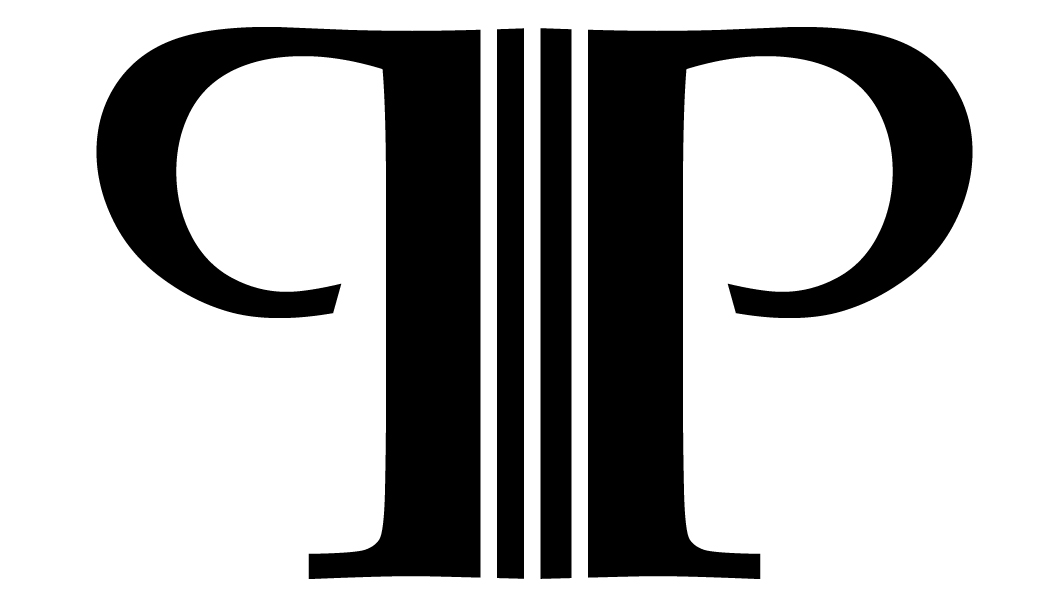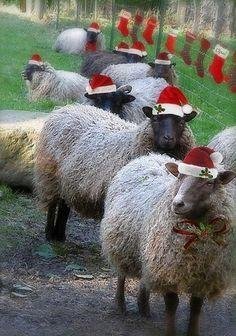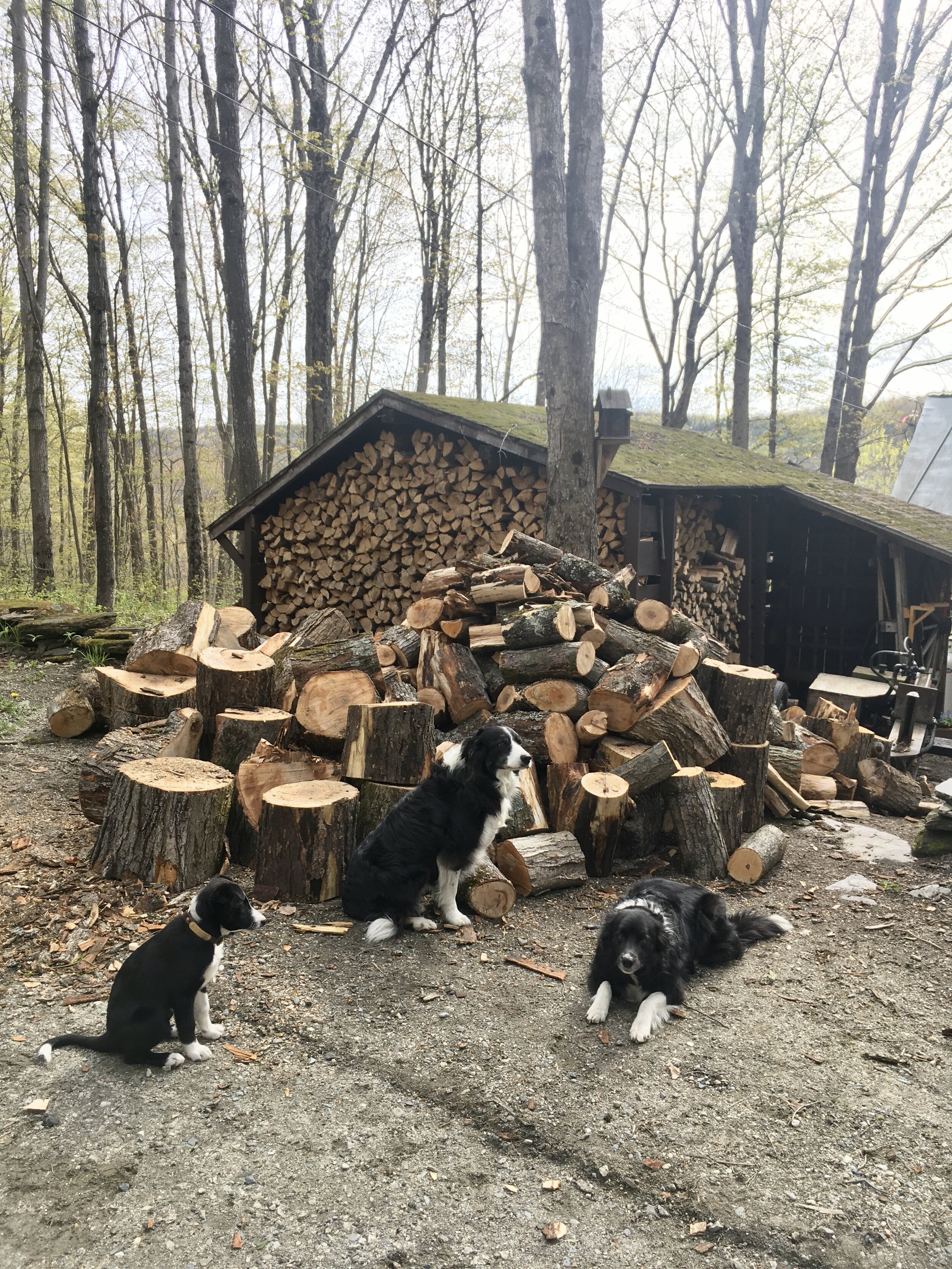The wind began to pick up in the early evening: I went out, like I do every evening, to check animals: chickens were contentedly clucking on their nighttime roosts, slightly disgruntled at my turning on the light. The sheep, repeatedly chewing dinner, looked up at me, hope in their eyes that I might have come bearing gifts of more hay. As I opened the barn door to leave, the wind grabbed it from my hands and slammed it against the side of the building. I trudged across the road up toward the house and stopped, listening for a moment to the sound of the wind coming down the mountain: beginning with a quiet moan and accelerating to a threatening roar that seemed to emanate from an unseen animal in the forest, As I have responded many times, I turned my back to it quickly to head to the warmth and safety of the house.
Later that night I slept soundly under our own wool blanket, lulled to sleep by that same roar off the mountain, smug in the sanctity of the indoors. In the middle of the night Paul and I were awakened by a loud thud. Paul sat up and asked me if I'd heard it. I told him that I had but it had, as if in a dream, come and gone, so I suggested we tuck back into sleep. He was easily convinced.
In the morning I felt the squeak of the bed frame as Paul climbed out of the covers to head to the bathroom. As he passed the bedroom window he lifted the shutter a bit and I heard him exclaim “oh-oh” in a voice that you didn’t need to recognize to understand. I sat up and looked out to see the maple tree from the entrance of the driveway broken and laying across all three of the vehicles in our driveway. The back window of our small car smashed completely out, the trunk crushed. Our farm vehicle, next in line took a bash to the back almost folding the lifting door in half. Josh's truck, his pride and joy, was backed into the drive so his hood lay collapsed under the weight of the tree.
There are no words to express something so final. A tree coming down and resting, nestled in the metal of your vehicles gives new meaning to the phrase, “in one fell swoop.” All that was left to do was with a chainsaw, phone and tow truck.
Life goes on, as life tends to do in the face of joy or adversity. We were able to begin to talk about the incident and interject some humor: I got a lot of mileage out of “in one fell swoop.” We gave tours of the site where all that remained was a straight line of sawdust. We cut up the tree, stacked the wood and walked forward.
Ironically the oldest of the vehicles, our fourteen year old farm car was the only one able to be driven. Through the twisted metal I was able to sense some pride in its ability and willingness to keep going for us. And, since the rental car that we picked up had summer tires on it..that was a good thing.
I stopped at the feed store to get more straw for bedding and as they handed me the bales to pile into the car, I began to lift the back and a large piece of it dropped off onto the ground. I stood and looked at it for a moment and, realizing that it was not going to dust itself off and get up, I picked it up, tossed it into the car and drove off.
Life goes on, as life tends to do in the face of fortune, good or bad.
We are still in the mid-range of a pandemic, trying to figure out how to carve out our lives. My father died in March. We were unable to go into the hospital to see him for almost three weeks, only able to see him the day of his death. Our last holiday with him was spent in a lawn chair in his cold garage with snacks on TV trays. He will not be here this year. A tree crushed all of our vehicles…, enough said. But what also happened this year was a new puppy on the farm, a happy, healthy family and our Holiday Flash Mob at the mall where we arrived in garishly ugly Christmas sweaters, appearing as if by magic, playing holiday music and singing, surprising shoppers and for a brief moment lighting their lives, then disappearing.
Tonight, a week before Christmas, the snow began falling, covering the faux December mud-season in white: a holiday do-over, essentially making all new again.
Each day I get to wake up.
Each day I get to choose the things I pay attention and homage to. That is the gift of life.
One of the cars returned from the body shop yesterday. It went in there on a tow truck, undriveable, the body broken and bent: to see it you would believe it unfixable. Amazingly metal can be bent right and made whole and in a blink of an eye: you can begin to drive once again.
Happy Everything.
Melissa















